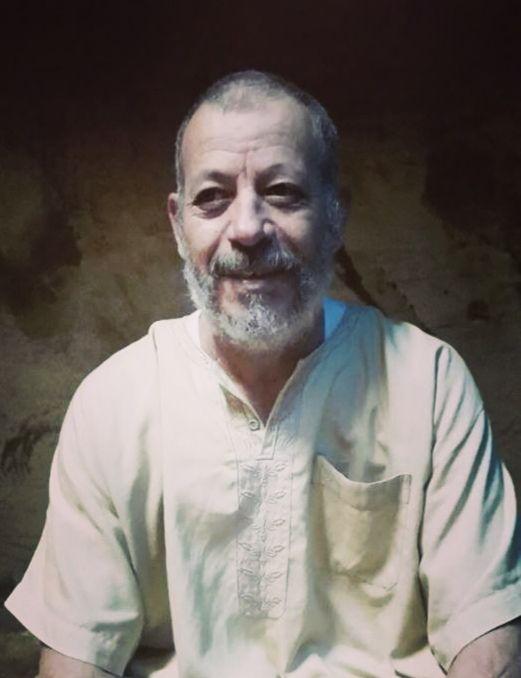
On September 26, 2019, the family of a Jordanian prisoner held by the Kingdom of Saudi Arabia, Hussein Abu al-Khair, was notified that the criminal court in Tabuk had rejected the appeal of his death sentence on drug-related charges.
A representative of the Jordanian Embassy in Saudi Arabia, tasked with monitoring the affairs of Jordanian prisoners, confirmed the news to the family, noting that the sentence remains final and Abu al-Khair’s beheading could happen at any moment.
Abu al-Khair’s case and its numerous violations, beginning from the moment of his arrest in the Haql Governorate for possession of narcotic pills in his car, have been documented. He was subjected to forced disappearance, torture, and ill-treatment, deprived of his right to a fair trial, and prevented access to a lawyer and self-defense.
In September 2015, UN special rapporteurs began monitoring Abu al-Khair’s case, when the Working Group on Arbitrary Detention, the Special Rapporteur on the independence of judges and lawyers, the Special Rapporteur onextrajudicial, summary, or arbitrary executions, and the Special Rapporteur on torture and other cruel, inhuman, and degrading treatment or punishment sent a letter to Saudi Arabia regarding the abuses suffered by Abu al-Khair. The letter explained that the circumstances of his case would make his execution an extrajudicial killing, especially given that he was tortured and deprived of his right to self-defense, as well as the fact that the charges against him were for non-serious crimes.
On May 4, 2016, Saudi Arabia responded to the letter, enumerating the laws that itclaims ensure that all detainees have access to their rights and noting that the rapporteurs’ concerns are unjustified because Abu al-Khair obtained his right to a fair trial. Saudi Arabia’s response likewise indicated that the death penalty is not applied in the country except for the most serious crimes.
In July 2017, the special rapporteur mentioned Abu al-Khair’s case in a complaint including the names of 17 individuals who were either executed or facing execution in Saudi Arabia. He called on the government to ensure a fair trial for Abu al-Khair after his initial verdict had been overturned in court.
Likewise, in March 2019, Abu al-Khair’s sister, Zeinab, raised her brother’s case before the Human Rights Council at its 40th session. She pointed to the abuses inflicted on him since his arrest and his lack of a fair trial, and called on the world to intervene to protect his life.
The ESOHR expresses its serious concerns for Abu al-Khair’s life and considers the Saudi government’s insistence on killing him – despite all the evidence confirming that his trial violated the most basic conditions of justice and the concerns raised by the special rapporteurs – an indication that it disregards all international laws and covenants to which it has voluntarily obligated itself. The insistence on killing Abu al-Khair also confirms that the promise made by Mohammad bin Salman in April 2018, to significantly reduce the death penalty, is a false promise.
